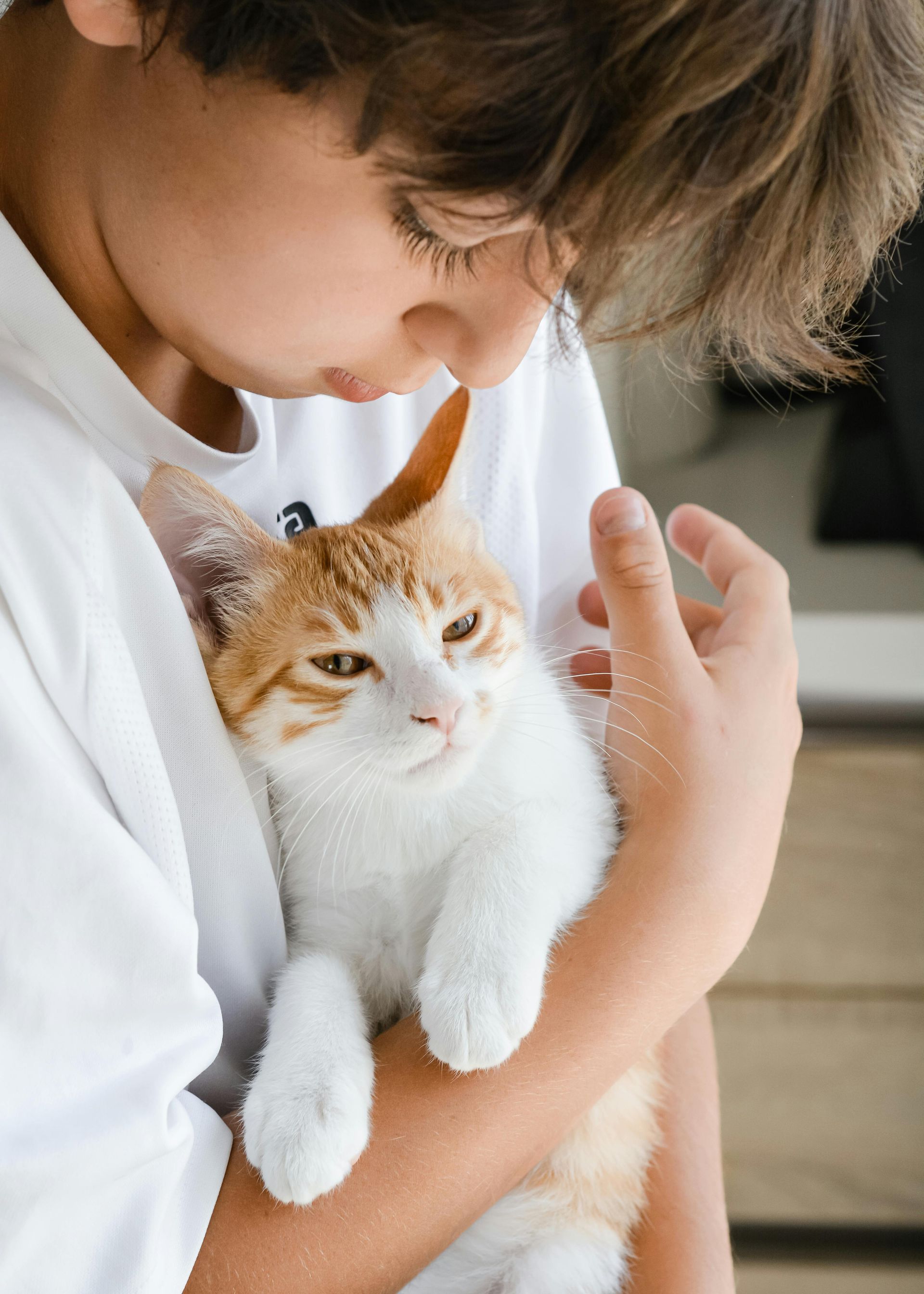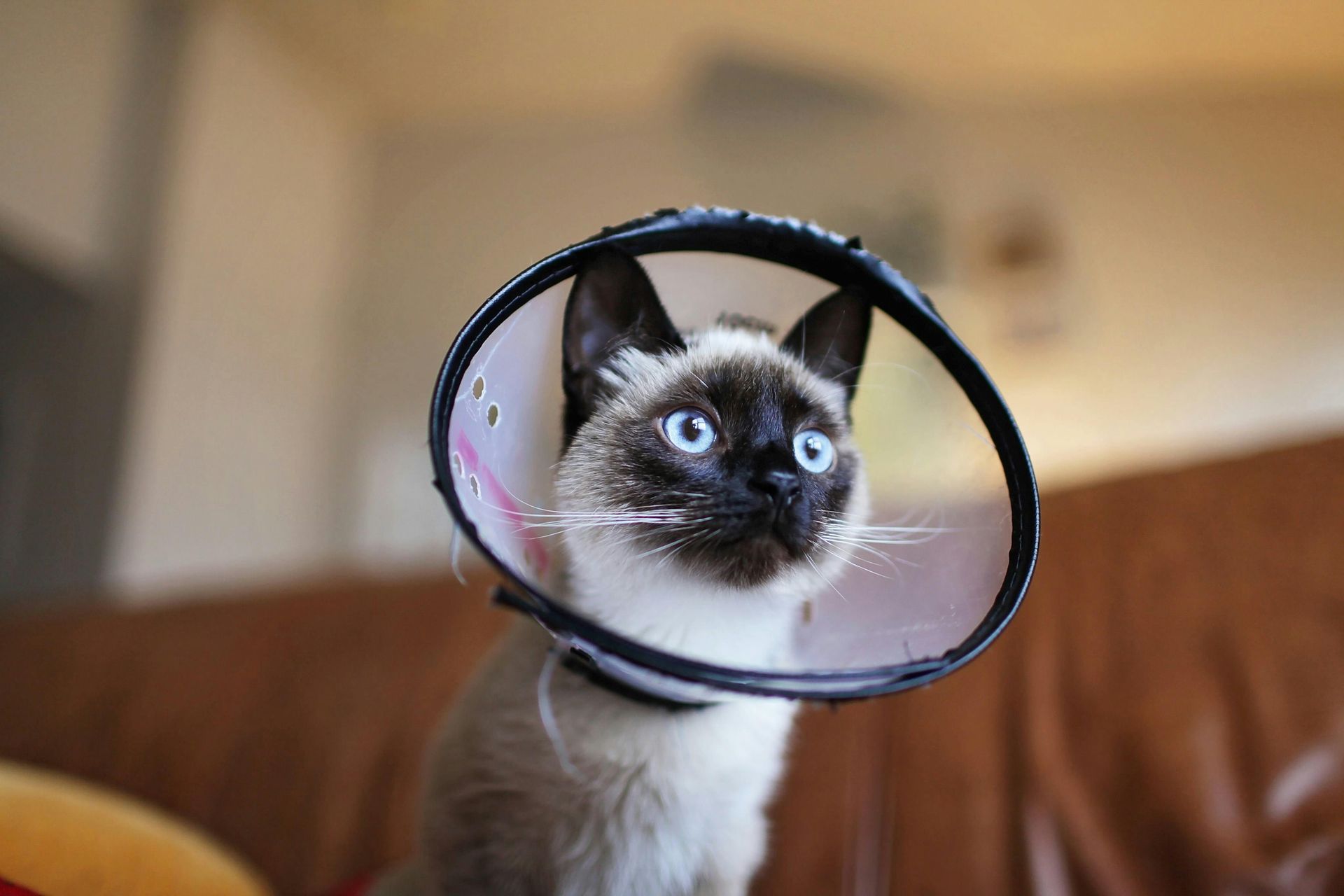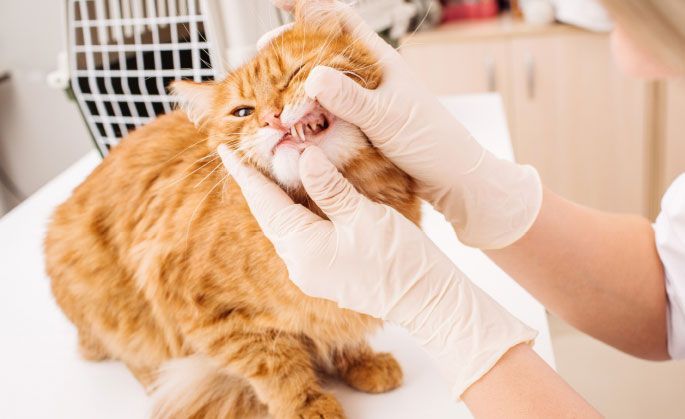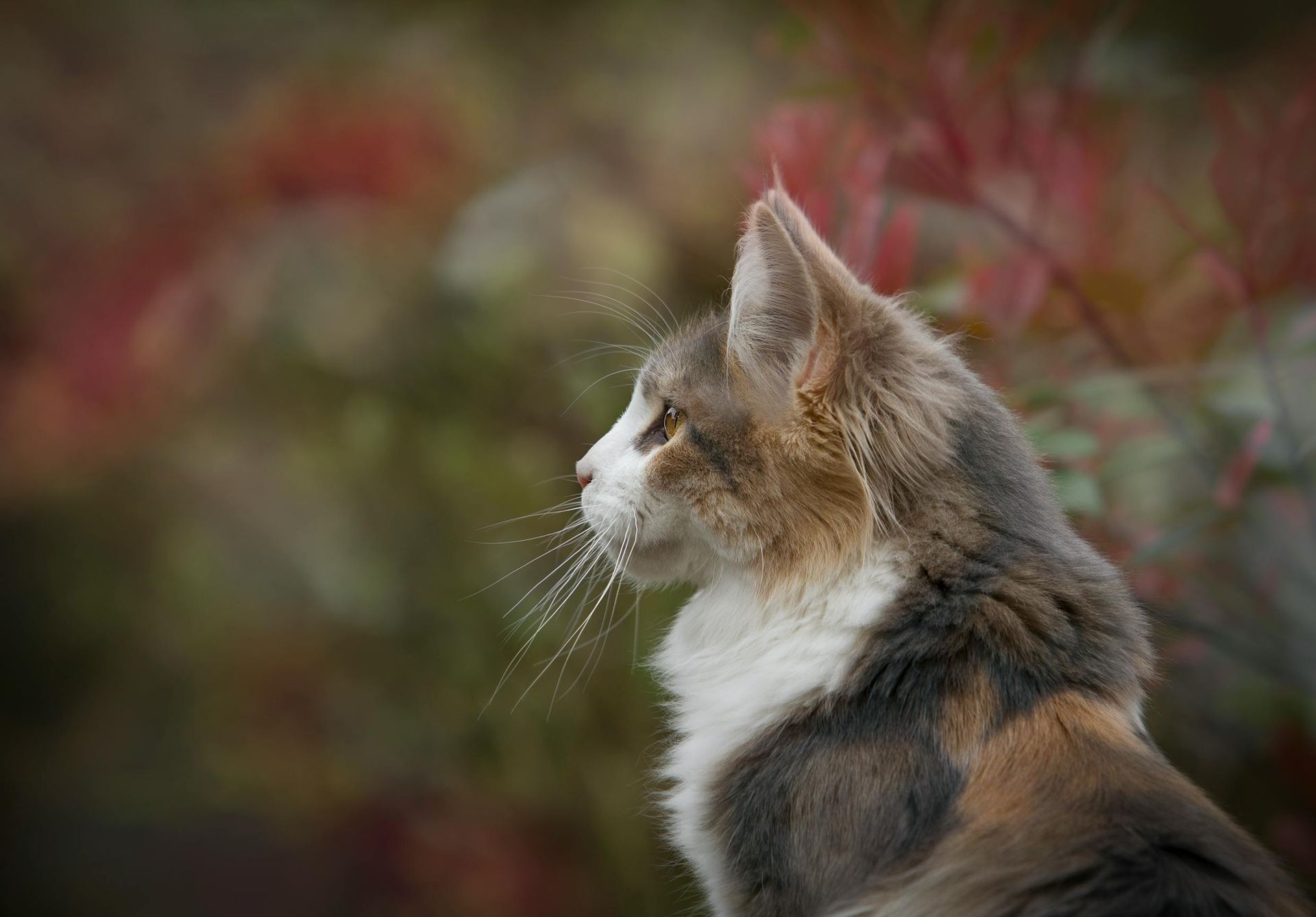Cat Care
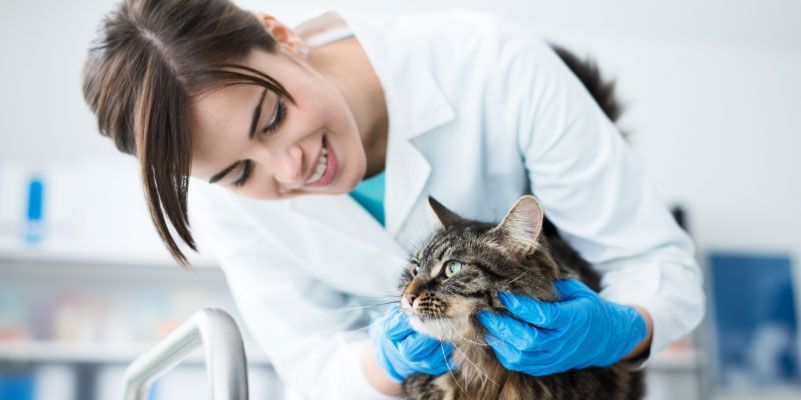
Cats can make excellent companions and are wonderful pets. However, with an average lifespan ranging from 15-20 years, owning a cat is a long-term commitment and their needs must be carefully considered.
Before you bring your cat or kitten home, we suggest you contact your local council and enquire about local regulations regarding such things as night curfews, compulsory containment within a property, desexing and microchipping.
A cat’s housing needs are simple. Whilst they will usually find a corner that suits them best indoors or outdoors, provide them with a basket, box or chair in a place where they feel safe and protected. Increasingly, cat owners are using cat enclosures to provide a safe outdoor area for cats. Placed in a weatherproof area, and these netted enclosures keep them safe from fights with other cats in the neighbourhood and protect local wildlife from cats’ natural hunting instincts.
For indoor cats, it can be a good idea to provide a scratching post to keep their claws in good condition and reduce the chances of your furniture being scratched.
Cats like to be clean at all times. As a result, cats can easily be toilet trained if a litter tray filled with a suitable cat litter is available. The litter tray should be cleaned daily to remove faeces and the litter itself changed frequently. Ensure the litter tray is placed in a quiet and private location. You may even need multiple trays if you have more than one pet cat. A good rule of thumb is one tray for each cat plus one extra.
All cats need to exercise. As cats naturally like climbing and perching themselves up high, trees and fences, for example, provide good opportunities for them if they have outdoor access. Indoor cats, however, will use furniture to climb and perch. Once again, having a scratch pole or indoor cat gym will give an indoor cat an effective alternative. Providing higher perching locations will also give your cats a more enriched environment.
Most cats require grooming assistance from their owners to remove excess hair. This helps in the reduction of furballs/hairballs and matted or tangled fur, which if left, may result in a visit to us. Except at moulting time, short haired cats are able to groom themselves adequately. In contrast, long haired cats require daily grooming by their owners. Furballs or hairballs can cause appetite and weight loss, and in a worst case scenario, result in surgery. During the moulting season daily brushing is essential and food designed specifically to assist with the reduction of hairballs will also help your cat process shed hair. Unlike dogs, you should not need to bathe a cat under normal circumstances.
When it comes to feeding, most cats like to graze, so we recommend offering small amounts often. Young, healthy cats require a high protein and fat diet. There are many formulations of cat food available and we recommend discussing your cat’s individual nutritional needs with us to choose the most suitable formula. Older cats and those with certain medical conditions may require a prescription diet, which we can discuss with you as part of a treatment plan.
Ensure a fresh water bowl is accessible at all times, especially if they have a dry food diet. We recommend that you avoid offering cow's milk for your cat to drink, as this can cause stomach upsets.
Cats require a minimum of one health check per year. Regular visits help us diagnose, treat or even prevent health problems before they become life-threatening. Routine vaccinations, worming and flea control form the basics of feline medical care. We can also provide additional guidance on nutrition, behaviour, training and life-stage treatments available.
We welcome you to book an appointment with us to discuss how to keep your cat in optimum mental and physical health.







